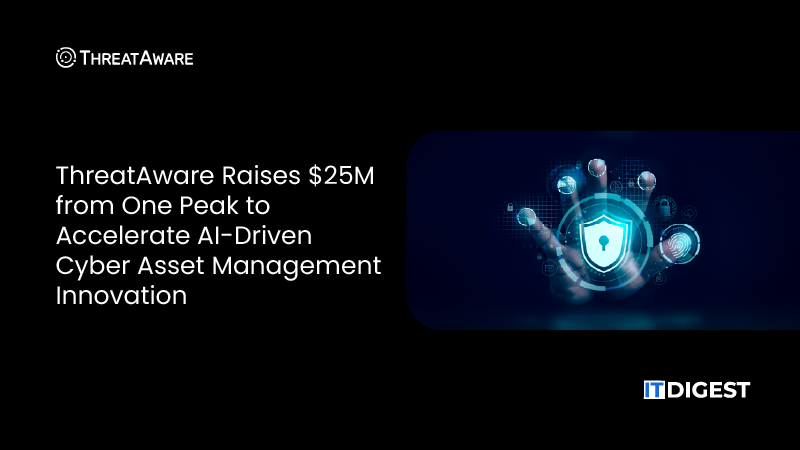DeepScribe has processed over half a million patients to date, saving doctors 2.5M minutes of documentation
DeepScribe, the first widely accepted application of voice and AI technology in healthcare, announced that it has raised $30 million led by Nina Achadjian at Index Ventures, with participation from Alex Wang, CEO of Scale.ai; Dylan Field, CEO of Figma; and existing investors Bee Partners, Stage 2 Capital, and 1984 Ventures. DeepScribe is the first company using AI that clinicians trust and rely on for their critical medical documentation. Over the past 18 months, DeepScribe has scaled to over 400 physicians around the country and processed over half-a-million patient-physician conversations. This investment will accelerate DeepScribe’s growth as the company continues to improve and transform not only medical documentation workflows, but also healthcare overall.
“DeepScribe stood out as the clear market leader: visionary founders, a talented, dedicated team, and a technologically superior product. With the impressive velocity to market DeepScribe is already experiencing, they are well on their way to becoming the gold standard in the space.”
DeepScribe is a reliable, affordable, and secure medical scribe solution that eliminates the need for doctors to take notes during patient interactions or dictate notes between patients and after hours. With a tap of the button, a physician’s natural conversation is recorded, summarized, and integrated into their health record system of choice. The application enables doctors to record patient exams while it intelligently listens and prepares clinical notes. DeepScribe then uploads the notes directly into the discrete fields of Electronic Health Records, enabling physicians to review and sign their fully-prepared notes in the appropriate EHR fields. By automating medical documentation, DeepScribe saves physicians an average of three hours a day and costs approximately one-sixth the cost of human medical scribes. To date, DeepScribe has saved physicians over 2.5 million minutes of documentation.
“We believe that ambient voice technology is the key to transcending AI in medicine from simply delivering workflow efficiencies to actually improving healthcare outcomes,” said Akilesh Bapu and Matthew Ko, co-founders of DeepScribe. “Physician-patient conversations have the most rich information, but busy, burned out clinicians do not have the bandwidth to document all of this data and do anything meaningful with it. DeepScribe aims to change that.”
Physicians today spend more than half of their valuable time documenting healthcare delivery rather than actually providing it. Since the advent of EHRs, physicians say that EHRs have “transformed them from clinicians into clerks,” since documentation is a means for healthcare payers to justify the level of reimbursement they provide for certain visits. In one survey, EHRs were identified as one of the primary causes of physicians experiencing burnout, which is leading droves of doctors to cut down on their hours or leave the profession.
Over the years, this pressure has led to efforts to improve clinical documentation through innovative models and technologies, such as dictation tools and human medical scribes. Large companies and VC-backed startups have tried for years to solve this problem, but failed to crack it—until DeepScribe. DeepScribe was built to meaningfully scale the quality and experience of a human medical scribe with the cost and scalability of an AI-first workflow.
“I’ve been looking to invest in a solution to this problem for years and have evaluated many players in the space,” said Nina Achadjian, Partner at Index Ventures. “DeepScribe stood out as the clear market leader: visionary founders, a talented, dedicated team, and a technologically superior product. With the impressive velocity to market DeepScribe is already experiencing, they are well on their way to becoming the gold standard in the space.”
DeepScribe believes that improving medical documentation is a critical step towards the larger goal of enabling data-driven medicine. By providing a seamless way to discreetly collect and summarize clinical notes, the technology can leverage data and AI to provide key insights that improve physician satisfaction and patient outcomes. Thanks to this investment, DeepScribe aims to deploy its technology to multiple large health systems, grow its world class engineering team, and get their AI in the hands of every physician in the US..
Read More: Cloudinary Reaches $100 Million ARR Milestone, Cements Unicorn Status with Zero Outside Investment


































Leave a Reply